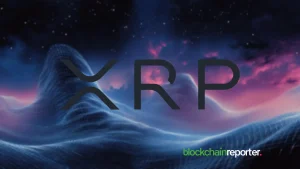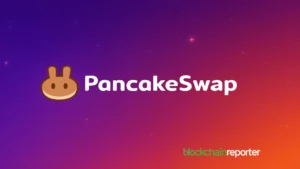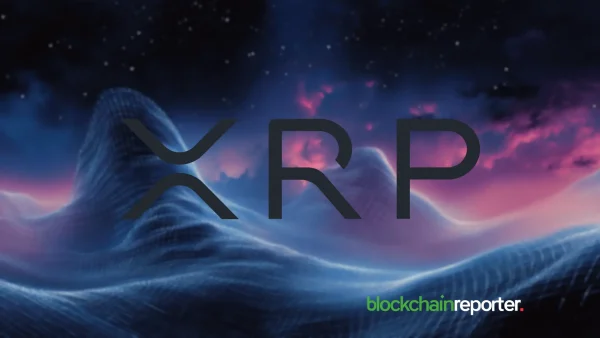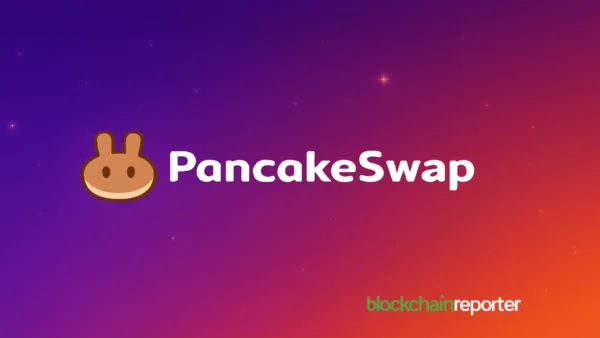
Decentralized browsers are what most people believe will become the future of the internet at large. Experts suggest that whenever one browses the internet using the common public browsers, they usually surf just 10% of the internet.
Regular browsers, termed the surface web, are characterised by endless sifting, censorship, and data indexing. The data index aims to conform with many requirements by Governments, religious organisations, company advertisement contracts, etc.
The more significant part of the web is called the deep web. The overwhelming majority of the content on the internet is available in this large but often unexplored section. The dawn of decentralized browsers like the brave promise to reduce censorship with many more benefits soon to come.
A Brief on Decentralised Browsers
So just what is a decentralized browser? A web browser enables a user to surf the world wide web with access to decentralized sites by simple definition.
A key difference with the standard public browsers or anonymous browsers like Tor is the peer-to-peer integration system. It allows for the omission of a centralized authority that governs the entire system.
Just How it Works
Now comes the more nerdy details. A decentralized browser utilises a technology protocol referred to as an InterPlanetary File System (IFPS). The IFPS is a reasonably opaque transport protocol that aims at creating far-reaching improvements on the basic HTTP standard’s levels of operational efficiency.
IFPS reorganises the way browsing the world wide web takes place. The more dominant HTTP system works in tandem with browsers that access the internet via centralized servers. IFPS, on the other hand, gains this access via several distributed nodes.
Benefits of using Decentralised Browsers
Decentralized browsers promise to revolutionise the way people access the internet. Such a step comes with several key benefits such as;
Reduced Exposure to Censorship
The key selling point of decentralized browsers is the native integration to a peer-to-peer networking protocol. Their ability to source data from a comprehensive and distributed server node system rather than a centralized browser makes censorship of web content much harder.
Web service providers and web browsing platform owners have shown from time to time that they can censor web content with ease. A very prominent recent example is the step by Twitter to delete a post made by the Nigerian president, Muhammadu Buhari. It relegates the post to the deep web, where browsing using regular public browsers can’t access. At times, such an action usually amounting to political suppression would be much harder under decentralized browsers.
Faster Browsing Speeds
Another critical gain that the world can make from switching to decentralized browsers is Internet speeds. The speed by which users will access the internet and navigate through the billions of pages available will get a considerable boost thanks to the decentralized node system.
Precisely, data is distributed and stored much closer to the users trying to reach it. Access (buffering) times end up being much lower than on other browsers. When used in tandem with the latest 5G enabled devices and infrastructure, very smooth browsing will be a reality.
Reduced Costs
Decentralized browsers promise to make the costs of utilising the internet be much more affordable to users. It applies to both those accessing the web pages and those publishing them.
Users will enjoy a faster browsing experience and speed without having to upgrade their internet service provider’s features to a more costly and quicker program. On the other hand, original publishers will enjoy lower server costs when creating and publishing content online due to the peer-to-peer decentralized node system.
More Resilient Browsing Network
A very key benefit that decentralized browsers offer is a more resilient browsing network. Users get to enjoy a security benefit that is synonymous with cryptos, the 51% attack rule. In essence, one has to control more than half of all server nodes to tamper with the network.
Regular browsers use centralized main servers channelling millions of web access requests from users. Such a system allows for the possibility of catastrophic system failure once an attack targeting the central point or an organic error takes the central servers offline. The IFPS protocol’s peer-to-peer browsing ability creates a more secure network with many alternate paths to accessing web data to users.
Potential Drawback
As is the norm with literally everything out there, there is a drawback to decentralized browsers. The difficulty in indexing, sifting, and censorship of users’ browsing experience is undoubtedly an essential step towards internet freedom. But too much of something is poisonous.
With states losing the ability to easily censor web access within their boundaries, several insightful or outright dangerous content may find its way to dedicated enough persons. Crimes may start increasing when one can quickly know how to make a fertiliser or plastic bomb using a short video tutorial.
Examples of Decentralised Browsers
Decentralized browsers are not a theory on some white paper. People can access the decentralized web via such browsers in existence. And they are taking the world by storm. Two notable mentions include;
- Brave browser. This increasingly popular decentralized browser already boasts 25 million users as of the 5th of February, 2021. The recently launched version 1.19 (on the 21st of January, 2021) enables direct access to IFPS content through the resolution of URI addresses. One’s browser can also be a node in the system installing a full IFPS node in one click.
- Unstoppable browser. A blockchain project backed by Tim Draper, the decentralized browser aims to create a way for users to interact with decentralized websites. It seeks to categorically build a new internet by enabling users to view quite different websites and domains through the browser. A long blockchain-based address substitutes the usual https://”address.”
Another notable mention is the public browser Opera’s attempt to join the bandwagon by inviting distributed networks to their offering. It also enables the browsing of .crypto decentralized pages as well as uncensored crypto transactions.
Author’s Take
The internet is a vast domain that keeps growing at breakneck speed by the day. However, the common public browsers use various censorship techniques, both under duress by authority bodies and revenue for ads and sponsored content, to restrict users’ access.
Decentralized browsers are here to tackle such issues. They not only reduce the vulnerability to censorship but also come with several other benefits. They offer a more secure network, faster browsing speeds and lower costs of utilising the internet. A possible challenge is a proliferation of illegal and dangerous materials, something that needs attention.








